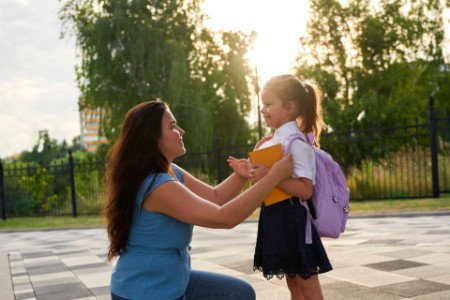Women make up half of the global population, yet beyond oncology, less than 1% of global health investment goes toward female gender-centric solutions. This fact is amplified by the disproportionate levels of women impacted by climate change, famine, conflict, economic hardships that continue to expand the health equity gap between men and women.
At the 2023 World Health Summit in Berlin, an annual event bringing together stakeholders from politics, science, private sector and civil society to create the agenda for a healthier world for all, a diverse group of global leaders representing global development, philanthropy, government and the private sector came together to address the urgent need for expanded funding and financing of women-centric solutions during a roundtable discussion.
This side event highlighted multifaceted areas of concern centered on the systemic failure to address women’s distinct health requirements across all aspects of daily life.
From everyday products like cars and technology to critical medical equipment and solutions, the reality is much of the world has been designed by and for men. This misalignment results in inconvenience at best and, at worst, outright failure of intended results that perpetuate poor outcomes for women and girls, with implications for the health and economic wellbeing of their communities.
Examples include personal protective equipment such as face masks ill-suited for female faces and the disproportionate injuries, delayed diagnoses and adverse reactions experienced by women due to the lack of consideration for their unique health needs during clinical research.
The roundtable provided a platform for participants to acknowledge the historical and current undervaluation of the economic contributions of women in society and the subjugation of the health priorities and needs of women and girls globally.
Attendees made a shared commitment to objectively articulate the economic value proposition of the female gender and explore ways to make financing female-centric health solutions not just sustainable but compelling. This transition will be achieved by evolving beyond philanthropy, the most common funding approach for women’s health, to gain access to institutional investors and sources of private capital.
Global platforms of the Equity 2030 Alliance and the UNFPA Equalizer Accelerator Fund are examples of key enablers to facilitate this vision for innovative financing solutions in maternal, sexual and reproductive health for women and girls worldwide. In the case of the UNFPA Equalizer Fund, the approach also includes specific components to prioritize women entrepreneurs and women-led businesses as these entities in turn create economic strength in their local communities.

